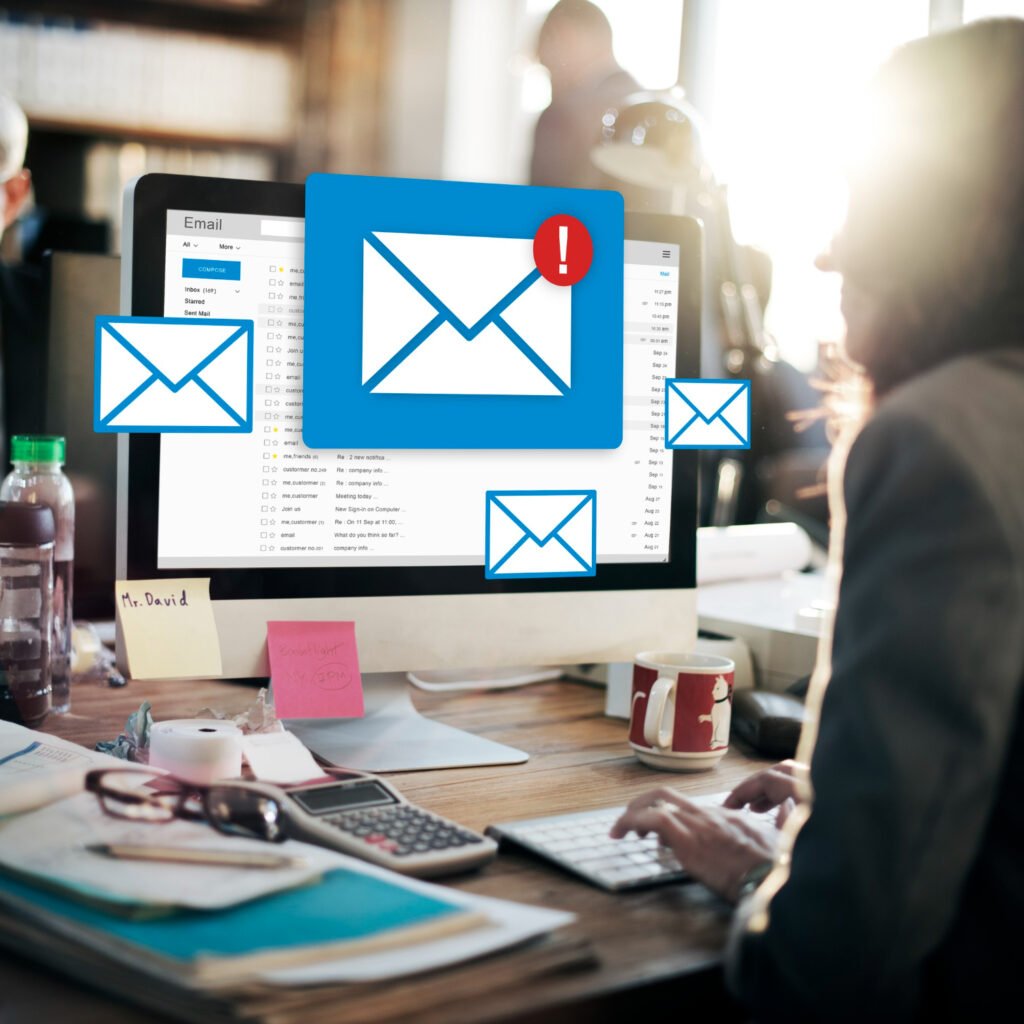In today’s digital age, consumers are bombarded with marketing messages from all directions. To stand out from the crowd, businesses need to find ways to connect with their audience on a personal level. This is where personalized email marketing comes in.
Personalized email marketing is the practice of tailoring email campaigns to the specific needs and interests of individual subscribers. This can be achieved through a variety of methods, such as using a subscriber’s name in the subject line, segmenting email lists based on demographics or purchase history, and dynamically generating content based on past interactions.
Why Personalized Email Marketing Matters
There are many reasons why personalized email marketing is a powerful tool for businesses. Here are just a few:
-
Increased Engagement: People are more likely to open and read emails that are relevant to them. When you personalize your emails, you show your subscribers that you care about their individual needs. This can lead to higher open rates, click-through rates, and conversion rates.
-
Improved Customer Relationships: Personalized email marketing helps you build stronger relationships with your customers. By showing them that you understand their interests and preferences, you can create a sense of trust and loyalty.
-
Boosted ROI: Personalized email marketing campaigns can deliver a significant return on investment (ROI). Studies have shown that personalized emails can generate up to six times the revenue of generic emails.
Getting Started with Personalized Email Marketing
If you’re ready to start using personalized email marketing, here are a few steps you can take:
-
Gather Data: The first step to personalized email marketing is to gather data about your subscribers. This data can include things like their name, demographics, purchase history, and website behavior.
-
Segment Your Email List: Once you have data about your subscribers, you can segment your email list into different groups. This will allow you to send more targeted emails that are relevant to each group’s interests.
-
Personalize Your Emails: There are a number of ways to personalize your emails. Some simple ways to get started include using a subscriber’s name in the subject line and salutation, and tailoring the content of your email to their interests.
-
Subject Line Personalization: The subject line is one of the most important parts of your email. A personalized subject line can grab a subscriber’s attention and make them more likely to open your email.
-
Content Personalization: The content of your email should be tailored to the specific interests and needs of your subscribers. You can personalize the content of your email based on a subscriber’s demographics, purchase history, or website behavior.
- Use a Marketing Automation Platform: Marketing automation platforms can make it easy to personalize your email marketing campaigns. These platforms allow you to collect data about your subscribers, segment your email list, and create personalized email templates.
Examples of Personalized Email Marketing
Here are a few examples of how businesses can use personalized email marketing:
-
Welcome Emails: When a new subscriber signs up for your email list, send them a welcome email that includes their name and thanks them for subscribing. You can also use this opportunity to tell them a little bit about your brand and what they can expect from your emails.
-
Birthday Emails: On a subscriber’s birthday, send them a personalized email with a special offer or discount.
-
Abandoned Cart Emails: If a subscriber abandons their cart, send them a follow-up email reminding them of the items they left behind. You can also offer them a discount to encourage them to complete their purchase.
-
Product Recommendation Emails: Based on a subscriber’s purchase history, send them emails recommending similar products or products that they might be interested in.
The Future of Personalized Marketing
Personalized marketing is a powerful tool that can help businesses achieve their marketing goals. As technology continues to evolve, we can expect to see even more sophisticated ways to personalize email campaigns. For example, artificial intelligence (AI) can be used to personalize email content in real-time based on a subscriber’s individual behavior.
By using personalized email marketing, businesses can create a more engaging and rewarding experience for their customers. This will ultimately lead to increased customer loyalty and sales.
In Conclusion
Personalized marketing is no longer a luxury; it’s a necessity. By taking the time to personalize your email campaigns, you can show your subscribers that you care about them and build stronger relationships with them. This will lead to increased engagement, improved customer relationships, and a boosted ROI. So, what are you waiting for? Start using personalized email marketing today and see the results for yourself!
Ready to take your email marketing to the next level with personalization? Sign up for a free ConvertKit account today and see the difference it can make!


